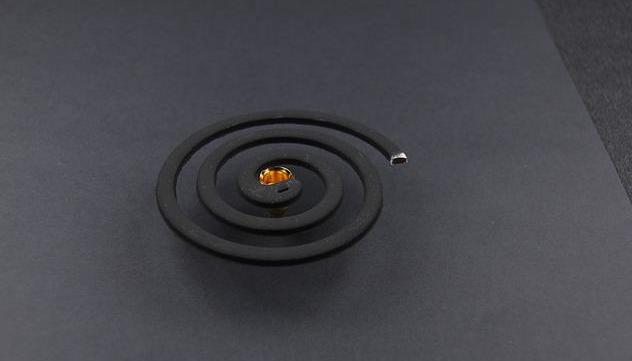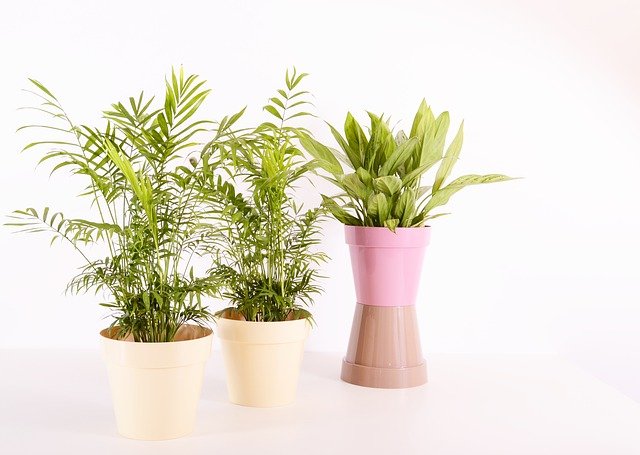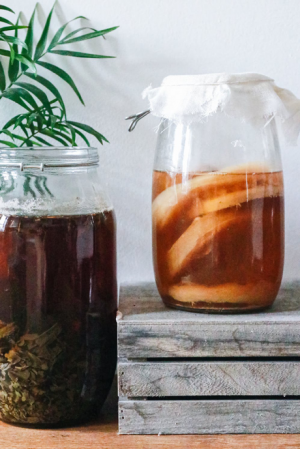The sun is setting, the sky is lit in shades of pink and blue yet those pesky mosquitoes are on patrol. Did you know that it’s the female mosquitoes that bite us. Without our blood, they can’t produce eggs. So here are tips on how to prevent and treat mosquito bites.
When a mosquito bites us it pierces the skin with its proboscis (mouthpart) to suck up blood. As it feeds it injects its saliva into the skin. It is the reaction to the saliva which results in itching and inflammation.
Some people have only a mild reaction. Others react with large area of swelling, soreness, and redness. Most mosquito bites itch for 3 or 4 days, redness lasts 3 or 4 days while swelling may last 7 days. It is advised not to scratch to cause infection. If symptoms get worse consult a healthcare provider.
How to prevent mosquito bites
Avoid being outdoors during peak mosquito times, between dusk and dawn
Cover exposed skin by wearing long-sleeved shirts and long trousers
Apply mosquito preventative oils or sprays to skin or clothing before going outside
Use candles or incense sticks to keep mosquitos away
Keep lights dim
Switch on the air conditioning instead of opening windows to stay cool, if possible
If using a mosquito net ensure there are no rips or holes.
Clean up any standing water near you. Mosquitoes lay their eggs in standing water.
Close doors to avoid them getting inside.
Natural repellents can be bought or made at home
Citronella is a common natural and effective essential oil that works against mosquitoes. When outdoors, citronella candles can provide up to 50 percent extra protection. Made from a mix of herbs, it’s used in many mosquito repellents. It can be as effective as DEET and can protect you for up to 2 hours, if formulated currently.
Lemon eucalyptus oil has been used since the 1940s, and a well-known natural repellent. You can create your own mixture with 1part lemon eucalyptus oil to 10 parts sunflower oil or witch hazel.
Lavender’s crushed flowers produce an oil and fragrance which repels mosquitos. It has analgesic, antifungal, and antiseptic qualities and can soothe and calm the skin as well as act as a preventative. Crush the lavender flowers and apply the oil to bite-sensitive areas of the body – arms and ankles. It is also handy to drop some lavender oil on a clean cloth and rub it onto the skin.
Cinnamon Oil is a a repellent against adult mosquitoes and can kill mosquito eggs. Mix 24 drops of oil for every 4 ounces of water. This can be sprayed onto skin or clothing, around your home, upholstery or even plants. However, be aware that a concentrated dose can irritate skin.
Tree tea oil (melaleuca oil), is an essential oil from Australia. It is more renowned for its antiseptic, antimicrobial, and anti-inflammatory properties. However, studies have shown that tea tree oil may be an effective insect repellent against biting midges.
A word of caution: Essential oils should never be put on the skin directly. The oils should be diluted in a carrier oil such as almond oil; 3-5 drops of essential to 1 ounce of carrier oil. Ensure the oils are pure by buying from a reputable source. As essential oils are active ingredients, test the product on your skin.
How to treat mosquito bites
Us mild soap and water to clean the area
Apply an ice pack for 10 minutes to reduce swelling and itching. Reapply the ice pack as needed.
A paste made from baking soda and water can help to reduce itchiness
An over-the-counter antihistamine cream to help relieve itching.
How to prevent and treat mosquito bites – the stronger stuff
If traveling in an area where mosquitoes are known to carry diseases doctors advise using a chemical mosquito repellent to help reduce the chance of contracting disease.
Products containing DEET are used to repel mosquitoes and other biting pests, like ticks, by preventing the bugs from being able to sense human scent. DEET should be used properly – not applying to irritated skin or hands from where it can be ingested and washed once back indoors.
Sources of information:





